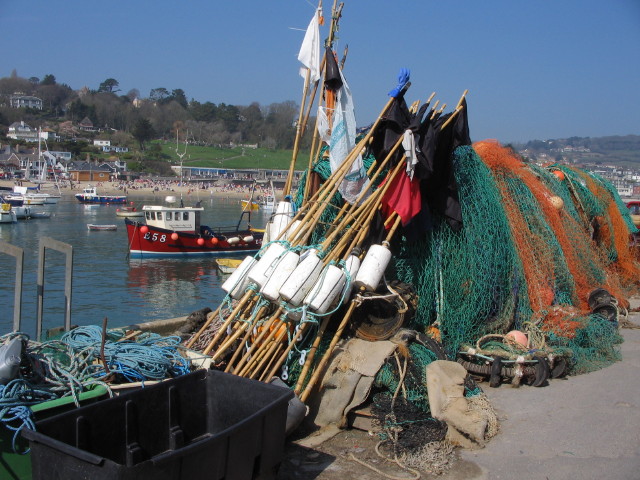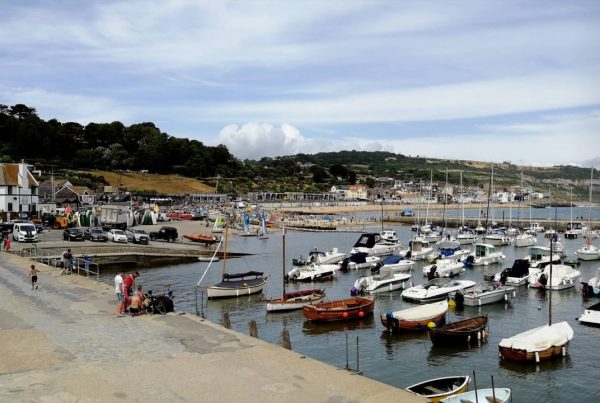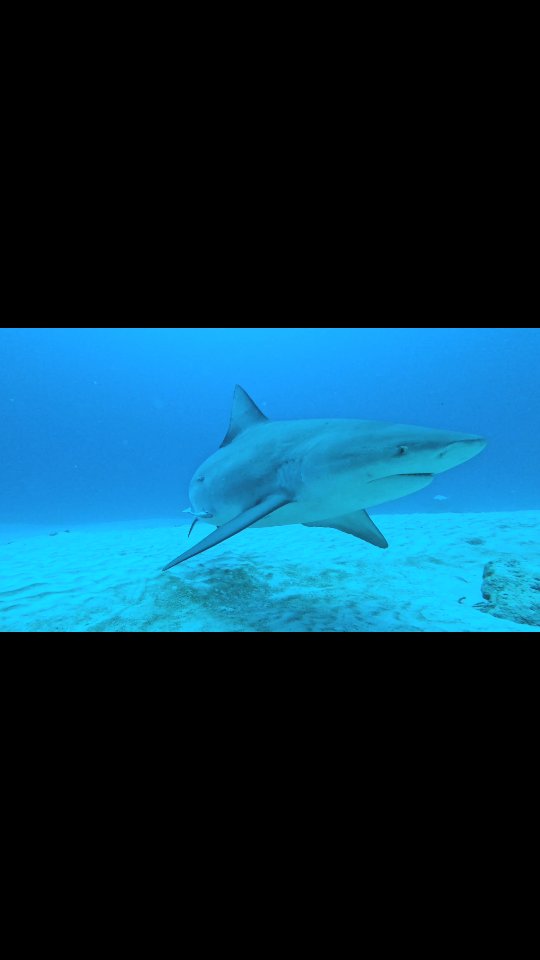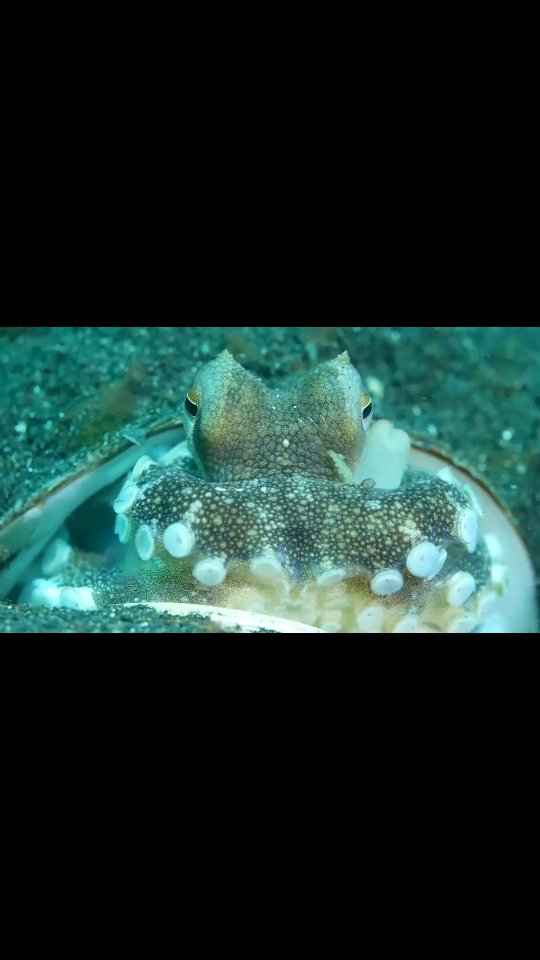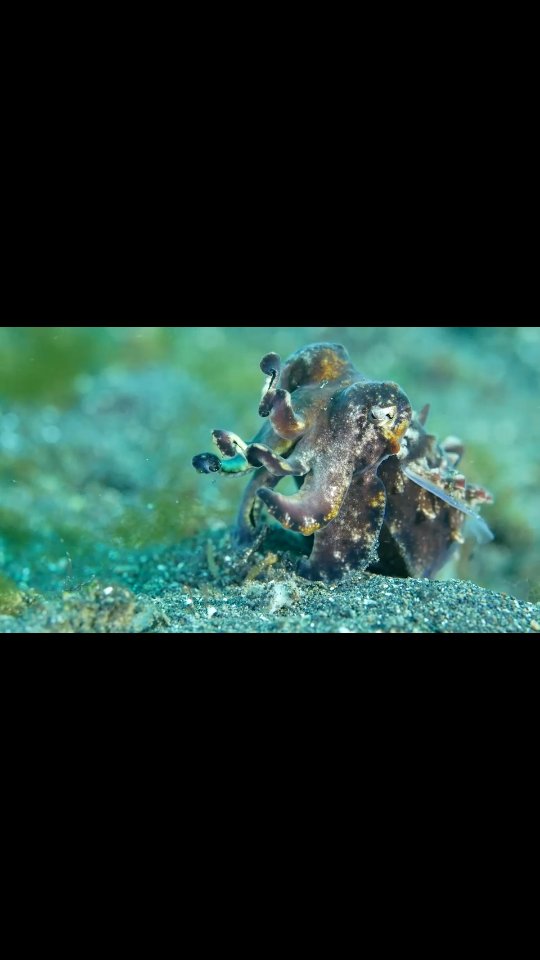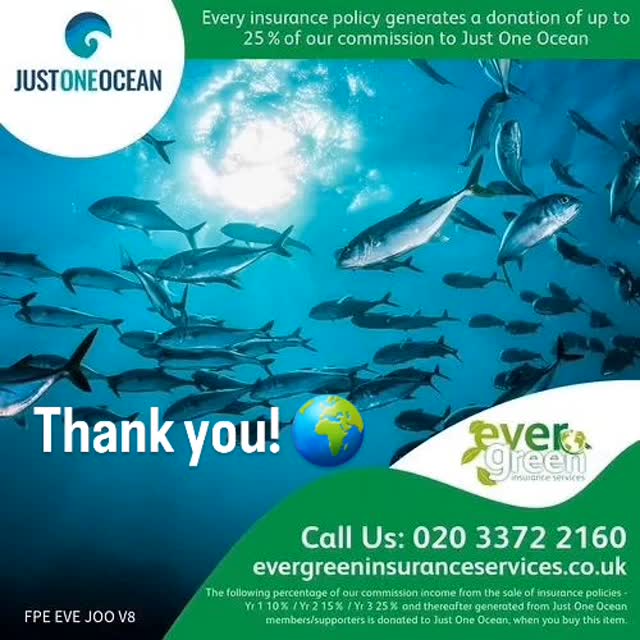Luke Hasler – MSc Student, University of Portsmouth
We have awarded a research grant to Luke Hasler who is looking into how voluntary marine conservation areas can be successful and help develop sustainable fishing in local communities.
Growing up in suburban London, Luke wasn’t fortunate enough to have spent much time by the coast, yet he was always fascinated by the natural world and always dreamt of working in the marine environment. However, whilst he initially sought to make a difference through photojournalism and share emotive images of the plight of the natural world, it wasn’t until he started working in the Azores that he shifted his focus towards searching for practical solutions to preventing overfishing.
Having witnessed first hand the wider effects of overfishing and by-catch and its consequential impacts upon sustainable development within Azorean communities, Luke felt compelled to learn more about the ways in which communities could be engaged and provided with alternative techniques.


